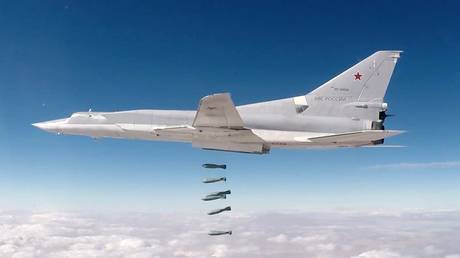ARTICLE AD BOX
Commercial planes are routinely "jammed" or "spoofed" in the airspace around the Baltic Sea, according to a report in Newsweek. The outlet said that in the last two days, 1,614 planes have been affected by persistent interference with the national signals. The report is based on open-source analysis from an X account that regularly tracks GPS interference. A map posted by the handle shows extensive jamming across Poland and southern Sweden. An updated map shared later appears to show interference limited to large parts of northern Poland.
Interfering with Global Positioning System (GPS) and broader Global Navigation Satellite Systems (GNSS) signals can confuse manned or unmanned aircraft, or make their navigation systems believe they are in a different location.
The increase in interference has been blamed on jammers in Russia's Kaliningrad region, which is sandwiched between Poland and Lithuania - the base for one of Russia's major naval fleets.
Newsweek spoke to a Lithuanian defence official, who pointed towards Russia. "Russian armed forces have a wide spectrum of military equipment dedicated for GNSS interference, including jamming and spoofing, at varying distances, duration and intensity," said the official who has not been named.
Earlier this month, a pilot told The Telegraph that the issue has become "more prevalent" in airspace and regions experiencing increased military operations or border tensions.
"Every flight I operate across northern Turkey and into Iraq - essentially along the Russian and Iranian borders - now has GPS interference. Aircraft systems alert us when something isn't working. We often get numerous alerts in the space of a couple of hours. It's been like that for around a year now," the unnamed pilot said.
"The GPS interference spoofs the aircraft into not knowing its location. Thankfully, we have other systems to mitigate this issue."
The aviator also said that this issue can take away some of the pilot's visual situational awareness.
"Obviously it's important to know what's below us in case we have a rapid depressurisation, a rare but possible event," said the pilot, adding that airlines have now adapted to this new world.
The Telegraph report also said that some commercial airlines have sent memos to their staff that note how the problem was "particularly widespread" over Ankara in Turkey and Baghdad in Iraq. It was also described as becoming "more prevalent" over the eastern Mediterranean, as well as across Cairo in Egypt and Amman in Jordan.
.png)
 8 months ago
3
8 months ago
3








 English (US)
English (US)